Is travel coming back? Here’s what we know: 2020 was the worst year from travel since mass leisure travel actually became a thing. Expedia reported 57 percent drops in revenue while airlines offered numbers as high as 90 percent. And those numbers, while on an upward trajectory, have a long way to go before travel can be considered “a thing” again.
But the news on is also good for measuring the momentum of travel coming back. According to a number of surveys, desire for travel is pent up to a boiling point and, with the advent of vaccines however chaotic the distribution, momentum is building in trip planning, cruise planning, and near-term short trips. Travel-Intel looked at some of those surveys to deliver the good news and bad about how Americans feel about traveling now and in the future and what they are planning for their great escapes.
A survey released this month on travel from IPX 1031 of 2,020 Americans and their travel plans found 48 percent of Americans are feeling optimistic about traveling in 2021, while 25 percent are somewhat optimistic and 27 percent say they are not optimistic. Some 45 percent of the respondents said they believe travel will return to pre-pandemic levels of normalcy this year. However, 55 percent marked their uncertainty about travel returning to normal without restrictions.
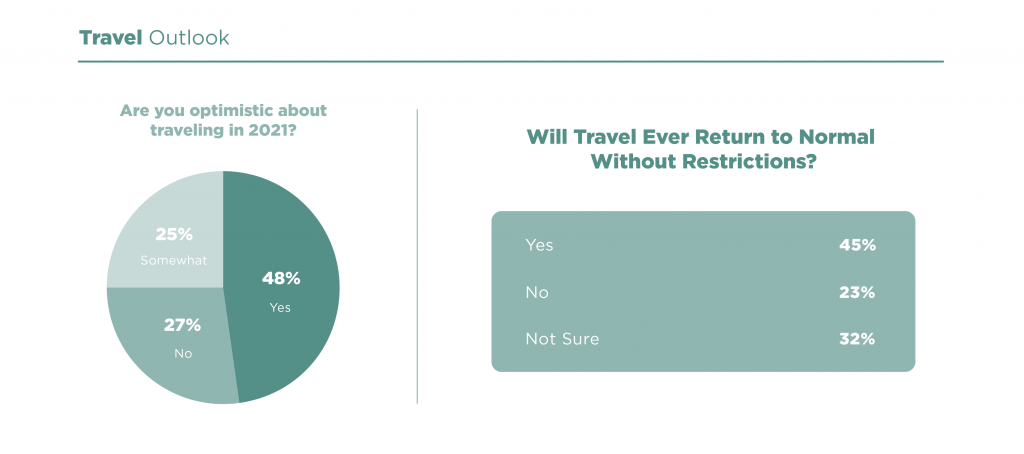
As Americans begin receiving vaccinations for Covid-19, many are already planning to travel this year. In fact, more than half (58 percent) say they have travel plans this year with one-third of those planning on vacationing during spring break. Some are not wasting anytime as 42 percent already have their trips booked. Among all respondents, 20 percent still are not sure when they will vacation again, but 33 percent say they plan to pack their bags and vacation by this summer. Safety and health concerns during the pandemic is the top reason for Americans holding back on vacationing this year followed by financial reasons.
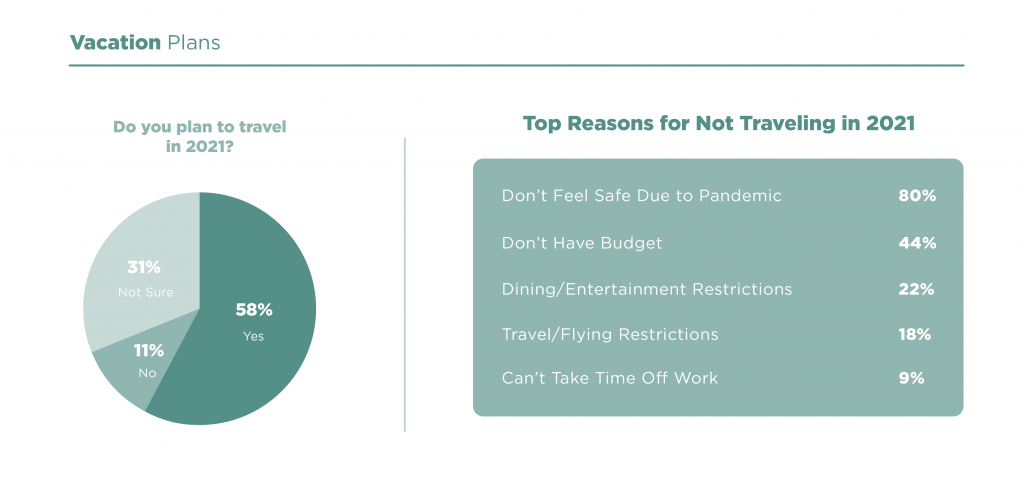
Burgeoning Budgets for Travel Plans
Speaking of vacation budgets, in take the pule for travel coming back, the survey found 70 percent of respondents saying they can currently afford to take a vacation with the average budget being around $2,470. And if the federal government issues a new stimulus, more than one-third (36 percent) say they would spend their stimulus check on a vacation.
To that end, 29 percent are eager to take advantage of their vacation time this year by taking a longer vacation compared to previous years. A majority of respondents are also viewing safety as a top priority when they travel. Overall, 62 percent say they will only travel to areas with a low number of cases and 73 percent are prepared to cancel or postpone their trip if cases spike in the destination they plan to travel to.
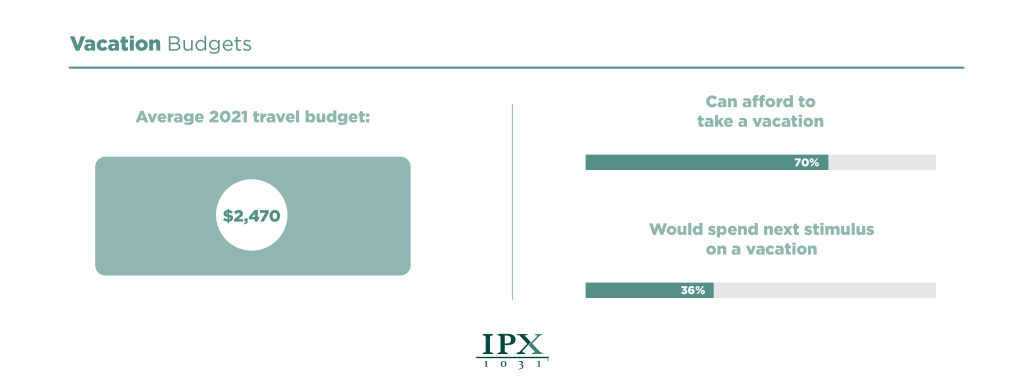 Travel’s Comeback: Room for Confidence
Travel’s Comeback: Room for Confidence
In a separate survey conducted by Morning Consult and commissioned by the American Hotel & Lodging Association (AHLA), consumers declared their optimism about traveling again in 2021 with 56 percent reporting they are likely to travel for vacation this year.
That represents a significant decline from pre-pandemic levels, when approximately 70 percent of Americans took a vacation in any given year, according to OmniTrak (TNS) data. Since the onset of the pandemic, just 21 percent of survey respondents reported traveling for vacation or leisure, and only 28 percent reported staying in hotel. Prior to the pandemic, 58 percent of survey respondents said they stayed in a hotel at least one night per year for leisure, and 21 percent stayed at least one night per year for work.
AHLA also found that while consumers remain optimistic about travel, consumer confidence about staying in hotels is tied to widespread distribution of the vaccine: 11 percent say they will feel comfortable staying in a hotel when vaccines are available to the general public; 20 percent when a majority of Americans have been vaccinated; and 17 percent when they are personally vaccinated.
But the study also found that 34 percent of adults are already comfortable staying in a hotel now. Some 36 percent of Americans expect to travel more for leisure in 2021 over 2020, while 23 percent expect to travel less.
One in five Americans (19 percent) expect their next hotel stay to be between now and April, with another 24 percent expecting it sometime between May and August.
“While consumers are optimistic about traveling in 2021 after nearly a year of self-distancing measures, we continue to face record devastation. COVID-19 has wiped out 10 years of hotel job growth,” said Chip Rogers, president and CEO of AHLA. “In the next COVID-19 relief package, the hotel industry needs support from Congress and the Administration that will ultimately help small business hoteliers keep their doors open, and bring more employees back to work. Despite the challenges facing the hotel industry, hotels across the country are focused on creating an environment ready for guests when travel begins to return.”
Leisure travel’s comeback is projected to begin increasing in Q2-Q3 of 2021 as vaccine distribution increases across the country and consumers can connect with family and friends. In the year ahead, Americans say they are most likely to travel for a family event such as a wedding or family reunion (51 percent likely to travel), while many are likely to travel over summer holidays, led by the Fourth of July (33 percent) and Labor Day (28 percent).
While cleanliness has always ranked among the top factors when choosing a hotel, it has risen to the top in the wake of COVID-19. In a separate survey of travelers conducted by Ecolab in December 2020, 62 percent of consumers placed overall cleanliness in their top three factors when choosing a hotel—a 24 percent increase over pre-COVID preferences. Further, 53 percent of consumers say that enhanced cleaning regimens will make them feel more comfortable staying at a hotel.
Travelocity also took the pulse of its readers and followers to find that After nearly a year of travel restrictions and quarantines, 60 percent of travelers say they’re planning a post-pandemic trip within the next 9 months, and many (43 percent) feel extremely or very confident in their plans. This is largely attributable to the fact that travelers are planning shorter trips that rebuild confidence and create a sense of normalcy in the near term.
“We may be dreaming of that big bucket list trip, but what travelers are actually planning so far this year are visits to familiar destinations (24 percent), a road trip or a beach trip (30 percent), or weekend getaway (26 percent),” said Katie Junod, General Manager at Travelocity.
Respondents said the most important influence on their decision to travel right now was the cleanliness of hotel and transportation options and safe accommodations in their travel destination (81 percent rated each as “extremely” or “very” important). Meanwhile, travel agencies operating digitally have updated traveler safety warnings with information from the CDC and suppliers are making it easier to change or cancel travel plans.
Taking Flight
When will Americans feel safe flying again? According to respondents to the IPX questionnaire, nearly half (48 percent) say they feel safe flying this year and 80 percent say they will feel safe taking to the skies in 2022. Most (72 percent) say they will feel safer flying after being vaccinated.
The recovery of the travel industry is anticipated to take place in three phases: leisure travel, small and medium events, and group and business travel. While recovery will begin in 2021, full recovery is not expected until 2024.
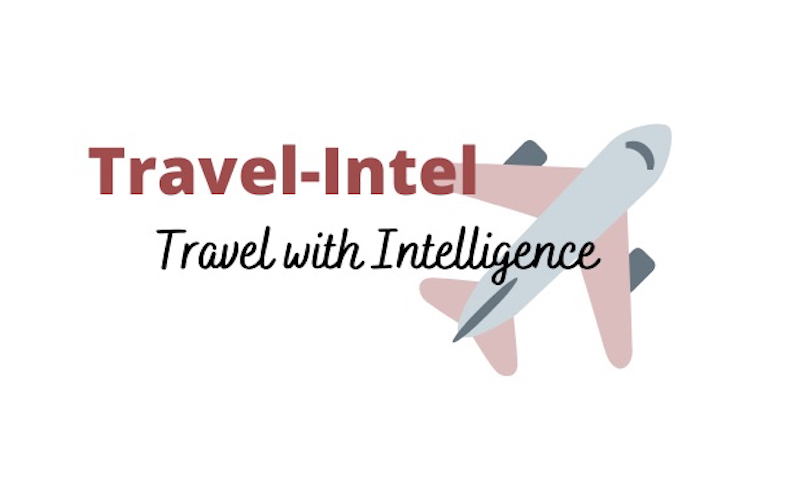
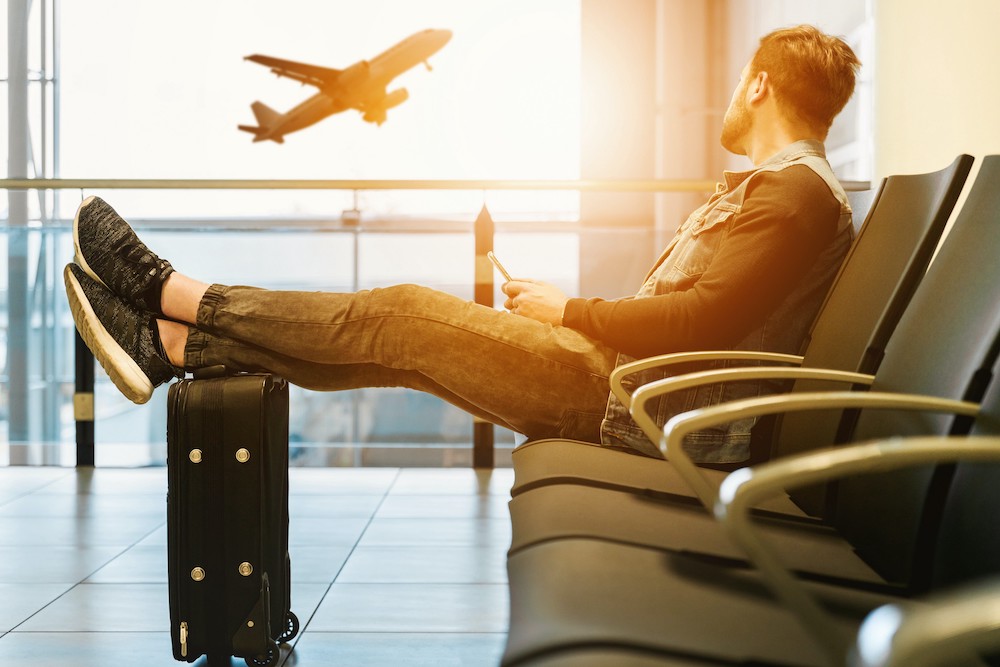

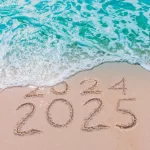



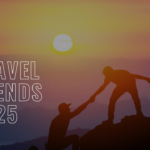
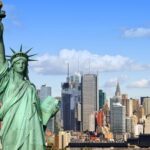









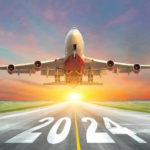


















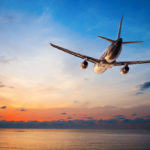


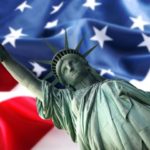




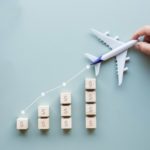




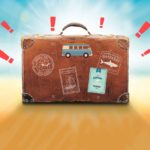
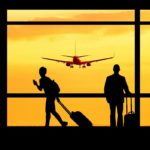














Get Social